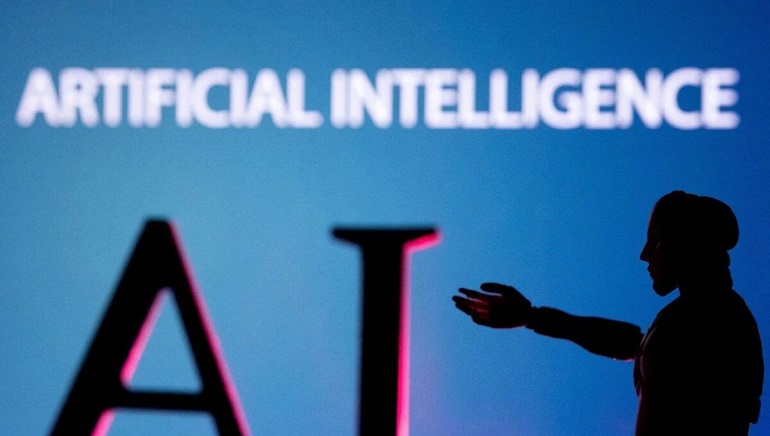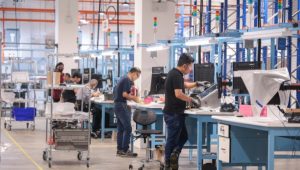Generative artificial intelligence (AI) is poised to significantly impact labour markets by enhancing creativity and automating routine tasks for future jobs, said a white paper released by the World Economic Forum (WEF) on September 18. Jobs most at risk of disruption are those that involve routine and repetitive language tasks, while jobs with a high degree of personal interaction or physical movement will be least affected, it added.
The WEF has called on businesses and governments to take proactive steps to prepare for the effects of AI in the workforce, encouraging the creation of an adaptable workforce and systems that facilitate job transitions.
The white paper found that Large Language Models (LLMs) could be a boon for jobs that require critical thinking, complex problem-solving skills and creativity, including those in engineering, mathematics and scientific analysis. LLMs are deep learning algorithms that can perform a variety of natural language processing tasks.
The WEF analysis examined more than 19,000 distinct tasks across 867 different occupations that are likely to be impacted by LLMs. It found that the industries with the highest estimates of overall potential exposure both in automation and augmentation are financial services and capital markets, along with insurance and pension management.















